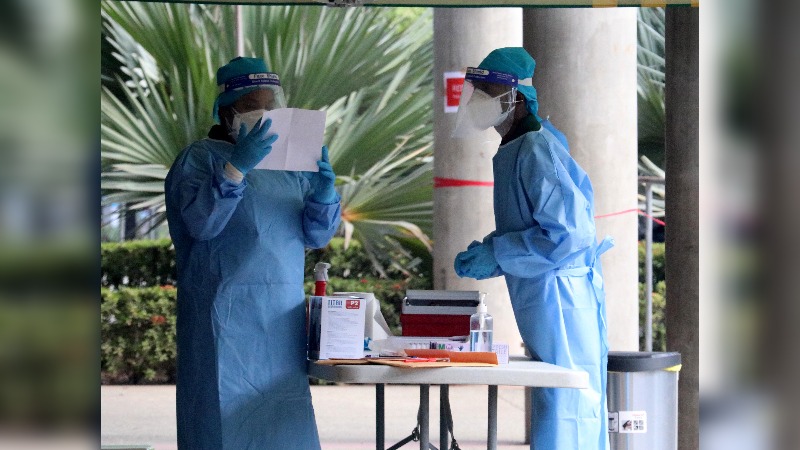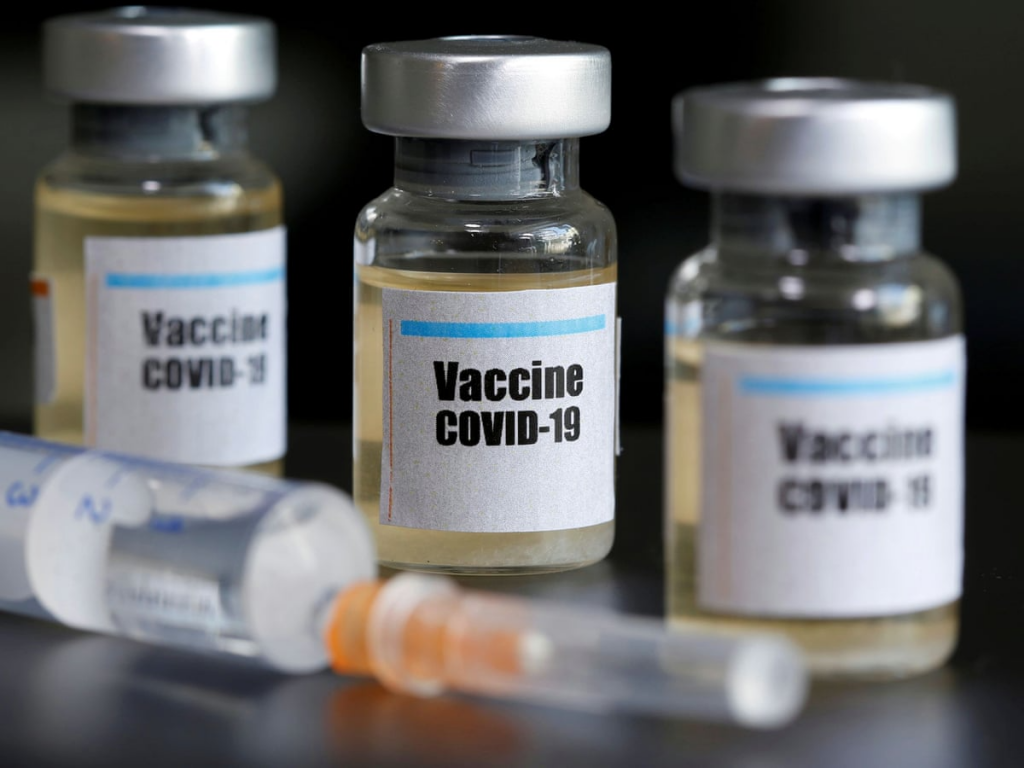The government of Papua New Guinea (PNG) this week signed off on the regulatory approval needed for the COVAX Facility to bring in the COVID-19 vaccines to PNG.
The National Department of Health with support from the World Health Organization (WHO) and UNICEF is now preparing to receive the AstraZeneca/Oxford vaccine and is making detailed plans for its deployment and use across the country.
The AstraZeneca vaccine is one of two vaccines granted Emergency Use Listing (EUL) by WHO. It has been
granted approval for emergency use by stringent regulatory authorities of United Kingdom, European
Union and Australia.
It is currently being used in Europe, UK, and India and millions of doses have been
safely administered. The full treatment regimen is 2 doses separated by 8 weeks to 12 weeks’ time. It is
administered by injection in the arm. PNG will receive a total of 588,000 doses of the AstraZeneca (AZ) vaccine before end of June 2021 from the first allocation.

The vaccine will be shipped to PNG in two shipments: the 1st shipment of 288,000 doses is expected to arrive sometime between end of March to April and the second shipment with the remaining 300,000 doses will arrive between May and June of this year. These vaccines will be used to vaccinate health care workers and other essential workers that constitute ~3% of the total population.
The tentative date of vaccination will be end of April or beginning of May. Frontline essential health workers would be vaccinated first, with the initial allocation of vaccine by the end of June, followed by the most vulnerable including those with co-morbidities and older persons in the second half of the year.
“We are requesting every province to determine the number of these essential workers in their province
so a distribution plan can be made for the vaccine once it arrives,” said Secretary for Health, Dr Osborne
Liko.
“Once this phase is completed then we will move to the second phase, in the second half of the year,
in which we vaccinate the most vulnerable including those with co-morbidities and older persons”.
Dr Liko said:
“It must be emphasized that even with the vaccine, we must maintain and strengthen public
health measures that work like: face masking, physical distancing, frequent handwashing, respiratory and
cough hygiene, avoiding crowds, and ensuring good ventilation.”
As long as the virus is circulating, everyone remains at risk. The challenge is to ensure everyone understands that the risk is not over. The NDOH has cautioned that COVID-19 is going to remain for the foreseeable future and decision-makers and the public must remain vigilant, as well as follow Niupela Pasin protective measures in order to protect themselves and others.


